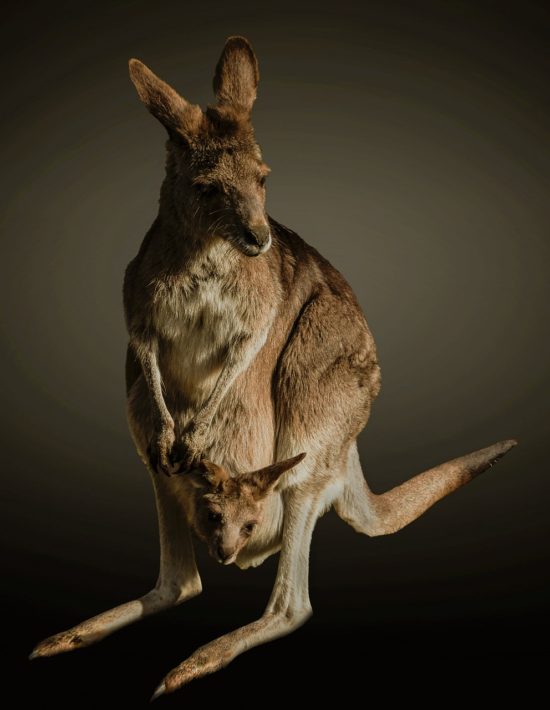I recently discovered kangaroo words, a fascinating linguistic concept that has nothing to do with Australia. These words contain within their spelling a synonym, with the letters in the correct order but not necessarily consecutively. For example, “regulate” contains “rule” and “encourage” contains “urge.” Despite being challenging to come up with, kangaroo words are more common than one might think.
Kangaroo words derive their name from the way they carry their smaller selves within them, much like a kangaroo carries its joey in its pouch. They are also known as marsupial, swallow, or joey words, popularized as a word game by Ben O’Dell in an article in The American Magazine in the 1950s, later reprinted in Reader’s Digest.
Here are some examples of kangaroo words:
- indolent – idle
- rambunctious – raucous
- splotch – spot
- acrid – arid
- blossom – bloom
- chicken – hen
- observe – see
- action – act
- masculine – male
Additionally, there are twin kangaroo words containing two synonyms:
- container – tin and can
- deteriorate – rot, die (and perhaps riot)
- diminutive – minute and mini
- feasted – ate and fed
Some words even qualify as grand kangaroo words, carrying two synonyms within them:
- inflammable – flammable and flame
- accustomed – used and use
- alone – lone and one
- chariot – cart and car
There are also anti-kangaroo words containing antonyms:
- covert – overt
- animosity – amity
- courteous – curt
- fabrication – fact
- feast – fast
- she – he
- there – here
- exacerbate – abate
Learning about kangaroo words adds an interesting twist to everyday vocabulary exploration.





